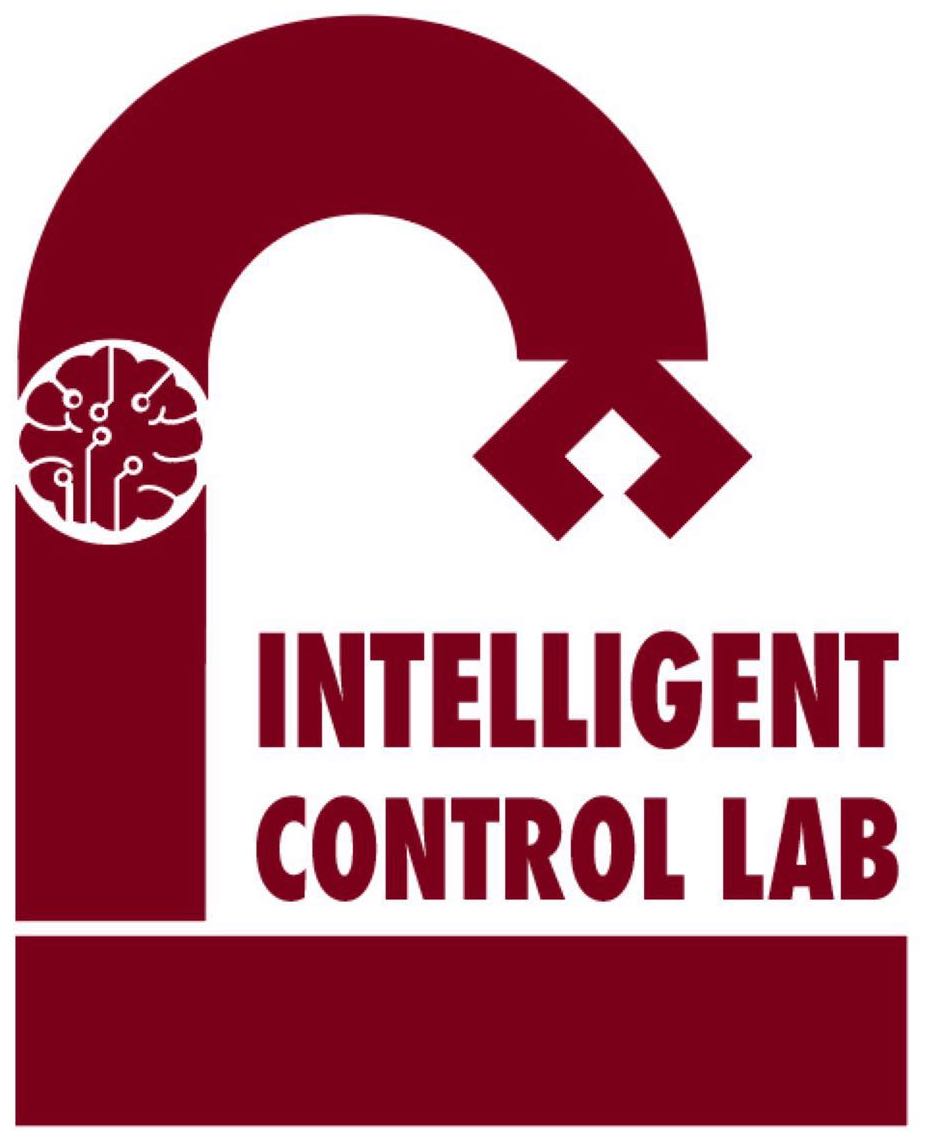16-883 Special Topics: Provably Safe Robotics
Time: Tuesday and Thursday 3:30 pm — 4:50 pm
Location: GHC 4102
Instructor: Changliu Liu (cliu6@andrew.cmu.edu)
Office Hours: Tuesday 2:30 pm — 3:30 pm in NSH 4525
Canvas: https://canvas.cmu.edu/courses/45724
Piazza: https://piazza.com/cmu/spring2025/16883
Course Description
Safe autonomy has become increasingly critical in many application domains. It is important to ensure not only the safety of the ego robot but also the safety of other agents (humans or robots) that directly interact with the autonomy. For example:
- Robots should be safe for human workers in human-robot collaborative assembly.
- Autonomous vehicles should be safe for other road participants.
For complex autonomous systems with many degrees of freedom, safe operation depends on the correct functioning of all system components (e.g., accurate perception, optimal decision making, and safe control). This course addresses both the design and verification of safe robotic systems, focusing on:
- Designing safety through control and learning.
- Verifying neural components, closed-loop systems, and safety/reachability analyses.
Learning Objectives
- Familiarize with tools and methodologies for designing and verifying safe robotic systems.
- Use these tools to improve or verify the safety of existing designs.
- Develop new tools and methodologies for robot safety.
In this semeseter, we will focus on humanoid safety and be using SPARK for homework assignments.
Assessment Structure
- Participation: 10 points
- Homeworks: 45 points (3 assignments, 15 points each)
- Project: 45 points
- Proposal: 10 points
- Presentation: 15 points
- Final Report: 20 points
Policies
Class Attendance and Participation
Participation and attendance are critical. Notify the instructor beforehand if you must miss a class to arrange alternative ways to catch up.
Homeworks
Three homeworks will be assigned, each worth 15 points. You will have two weeks to complete each.
Project
-
Proposal (10 points): A 1-page abstract in IEEE format introducing the problem and outlining the plan for the project.
- Final Report (20 points):
A 6-page conference paper in IEEE format. The structure will differ based on paper type:
- Survey Papers: Introduction, review of existing surveys, analysis/comparison, and discussion on learnings and future directions.
- Technical Papers: Introduction/motivation, literature review, problem formulation/solution, results, and discussion.
- Presentation (15 points):
Each team will have 10–25 minutes for the final presentation, depending on team size. Presentations should address:
- Major contributions.
- Problem formulation.
- Solution methodology.
- Results.
- Limitations and future work.
- Projects can be individual or team-based (maximum of 3 members).
Extensions and Late Assignments
Late submissions are not accepted except in emergencies. Contact the instructor early to request extensions.
Weekly Schedule
Week 1
- 1/14: Lecture 1 - Safety Specifications
- 1/16: Lecture 2 - SPARK: Safe Humanoid Toolbox (Guest Lecture: Rui Chen)
Week 2
- 1/21: Lecture 3 - Safe Control for Mobile Robots (Single Integrator)
- 1/23: Lecture 4 - Safe Control for Mobile Robots (Double Integrator Unconstrained)
Week 3
- 1/28: Lecture 5 - Safe Control for Mobile Robots (Double Integrator Constrained)
- 1/30: Lecture 6 - Safe Control for Mobile Robots (Double Integrator Discrete Time)
- 1/31: Homework 1 Released
Week 4
- 2/4: Lecture 7 - Safe Control for Mobile Robots (Double Integrator Discrete Time)
- 2/6: Lecture 8 - Safe Control for Mobile Robots (Double Integrator 2D)
Week 5
- 2/11: Lecture 9 - Safe Control for Mobile Robots (Nonlinear Models)
- 2/13: Lecture 10 - Safe Control for Mobile Robots (Hierarchical Models)
- 2/14: Homework 1 Due
Week 6
- 2/18: Lecture 11 - Safe Control for Manipulators (Planar Arms)
- 2/20: Lecture 12 - Safe Control for Manipulators (Planar Arms)
Week 7
- 2/24: Homewok 2 Released
- 2/25: Lecture 13 - Safe Control for Manipulators (3D Arms)
- 2/27: Lecture 14 - Safe Control for Manipulators (3D Arms)
Week 8: Spring Break
- 3/4: No Class
- 3/6: No Class
Week 9
- 3/10: Homework 2 Due
- 3/11: Lecture 15 - Safe Control Theory (Unified Framework)
- 3/13: Lecture 16 - Safe Control Theory (Synthesis)
Week 10
- 3/18: Lecture 17 - Neural Certificates
- 3/20: Lecture 18 - Certification of Neural Certificates
- 3/21: Project Proposal Due; Homework 3 Released
Week 11
- 3/25: Lecture 19 - Certification of Pose Estimation Models
- 3/27: Lecture 20 - Certified Training
Week 12
- 4/1: Lecture 21 - Safe Reinforcement Learning (GUARD)
- 4/3: No Class
- 4/4: Homework 3 Due
Week 13
- 4/8: Lecture 22 - State-Wise Safe Reinforcement Learning
- 4/10: Lecture 23 - Reactive Safety vs Long-Term Safety
Week 14
- 4/15: Lecture 24 - Procedures for System Evaluation and Testing
- 4/17: Lecture 25 - Safety and Responsibility in Human-Robot Interactions
Week 15
- 4/22: Project Presentations
- 4/24: Project Presentations
Week 16
- 5/2: Project Report Due
Additional Policies and Resources
Academic Integrity
Plagiarism and cheating are strictly prohibited. Refer to CMU’s academic integrity policy for details. Cite all sources appropriately.
Accommodations for Students with Disabilities
Contact the Office of Disability Resources at access@andrew.cmu.edu for support and accommodations.
Student Support
If you experience stress or difficult life events, reach out to Counseling and Psychological Services (CaPS) or call 412-268-2922.
